How Many Microbes Does It Take to Make You Sick?
Exposure to a virus isn’t an all-or-nothing proposition. The concept of “infectious dose” suggests there are simple ways to stay safer from harm. ..
Exposure to a virus isn’t an all-or-nothing proposition. The concept of “infectious dose” suggests there are simple ways to stay safer from harm. ..
Scientists know enough about exoplanets to speculate about how simple plants might arise on them. But don't count on them being green. ..
In some subterranean aquifers, cells have a chemical trick for making oxygen. It offers new insight into how life survives deep underground on Earth—and ..
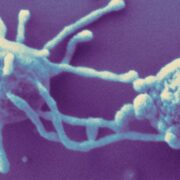
As researchers race to cultivate these intriguing cells from the deep seafloor, the few growing in labs are our best glimpses of the forerunners of complex ..
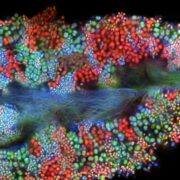
The Biggest Microbiome Study Sheds Light on Shared Health Risks ..
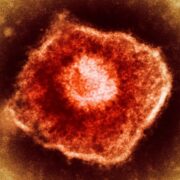
A new book explores the far-reaching impact of germs and viruses on human society. ..
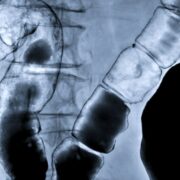
These tiny organoids with working immune systems mimic the function of the GI tract and could be used to study intestinal diseases and drugs to treat them. ..

To preserve humankind’s diverse bacteria, scientists are harvesting, freezing, and storing poop from around the world. ..

The fuel can be produced by adding bacteria to spent drill holes—meaning there are thousands of potential hydrogen sources worldwide. ..
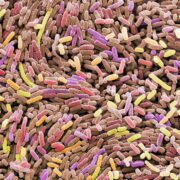
A small study of people with a rare disorder that prevents them from processing protein is an early attempt at creating “living” medicines. ..